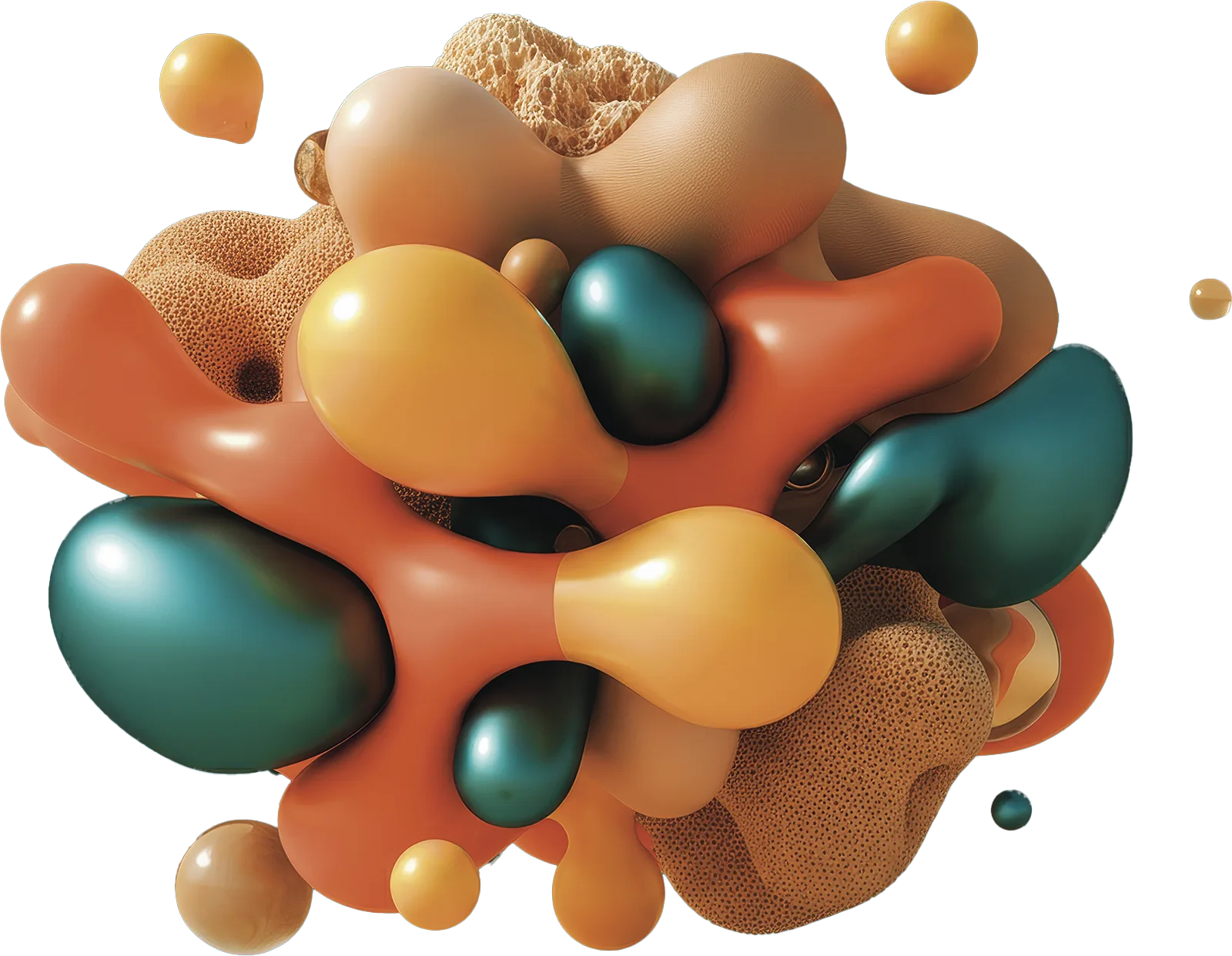ACP-204 is a novel, highly selective 5HT2A receptor inverse agonist being developed to treat psychosis associated with Alzheimer’s disease.
Acadia recently initiated a Phase 2 study of ACP-204 (also initiated in Lewy Body Dementia Psychosis), and the company expects a major readout for ACP-204 in Alzheimer’s disease psychosis in mid-2026.
